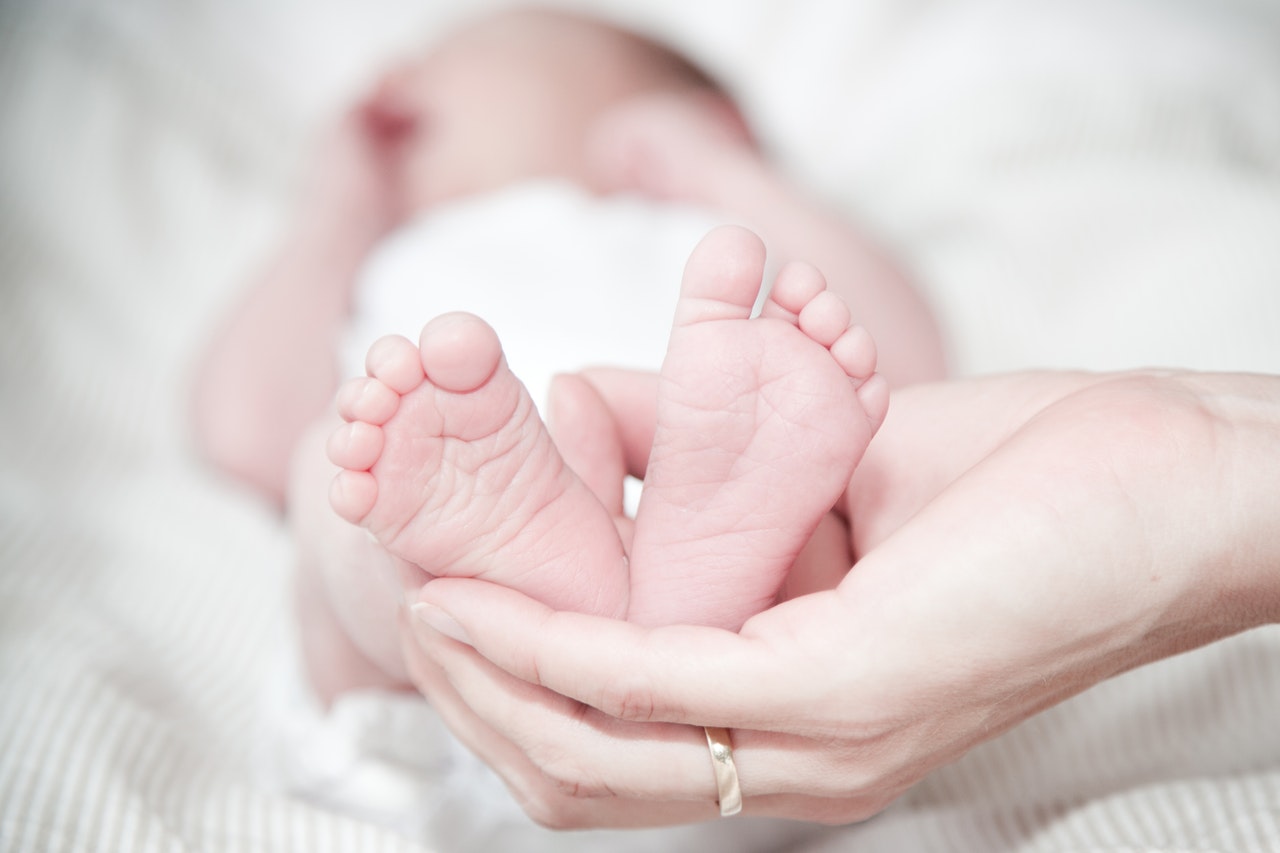Whether you breastfeed or not, the secret to post-pregnancy nutrition is to gradually lose weight while maintaining or restocking nutrient stores. All nutrition experts agree that the best place for a new mother to get all the essential nutrients, including ample amounts of vitamins and minerals, is from her diet. The trick is getting enough.
Tips for On-the-Go Moms
Time and lack of sleep can be an issue after your baby is born but using that as an excuse to eat food with low nutrient density isn’t going to benefit your health. It takes as little as 5 minutes to fix healthy meals and no time at all for a healthy snack. If your free time is scarce, and you are too sleepy to fuss with gourmet meals, you can still eat well and lose weight by following these two rules:
1.) Stock the kitchen with ready-made quick fixes such as baby carrots, sliced oranges, tubs of low-fat yogurt, and bagged lettuce.
2.) Always bring food with you when you leave the house, such as apple slices and string cheese.
Should A Woman Supplement?
Women who eat lots of nutrient-packed, low-fat foods and supplement sensibly have a better chance of maintaining optimal nutritional status, recovering from pregnancy, and giving birth to healthy babies in the future. Calcium is an example of why supplements can be saviors. This mineral remains a primary concern for pregnant, nursing, and post-nursing mothers. Three out of every four women enter pregnancy marginally nourished in the mineral (i.e., the average calcium intake for women is less than 600mg compared to the recommended 800mg daily). Recommended intake should be 1,000mg. Pregnancy and nursing increase the daily requirement by an additional 33% (woman at high-risk for preeclampsia might need up to 2 grams of calcium daily). So, optimal calcium intake remains a priority during pregnancy and nursing. A woman should consume at least 1,200mg of calcium, or 600mg daily of supplemental calcium for women who don’t consume enough calcium-rich foods.
Supplementation is especially important for some women, including women who are strict vegetarians (especially with vitamin B12, calcium, vitamin D, zinc, and iron), lactose intolerant (especially with vitamin D, calcium, and vitamin B2), carrying or have carried more than one baby, women who smoke, or adolescent girls who are or were pregnant; however, most women before, during, and following pregnancy probably would benefit from a well-balanced multiple vitamin.
Supplements: The Responsible Approach
The secret to supplementation is to do it sensibly. For healthy women, a multiple vitamin and mineral is best. A multiple is a convenient, cost-efficient way to supply a balance of nutrients, while avoiding secondary deficiencies that result when a woman takes too much of one nutrient at the expense of crowding out another. Supplements that provide nutrients in multiple daily doses allow a woman to take smaller doses several times a day for maximum absorption. They also provide flexibility. You can decrease the dose on “gold star” days and increase the dose on the days you don’t have the time to eat a nutritious diet.
Iron supplements can cause constipation or diarrhea in some women; however, taking iron supplements in small doses throughout the day or starting the supplement program by taking a small dose and gradually increasing the amount can help offset digestive tract problems.
Feeling Blue?
The omega-3 fat DHA has shown promise in treating postpartum blues. Several studies show that women battling PPD (postpartum depression) are likely to be low in DHA, while raising levels of this fat improves mood. The demands of pregnancy and breastfeeding lower DHA levels, which can double the risk for PPD. The best dietary sources are fatty fish, such as salmon, herring, or mackerel. Or, take a supplement that contains at least 200 milligrams of DHA.
First, focus on your diet during your transition to motherhood, and then supplement where needed. Take our free assessment to get personalized supplement recommendations based on your unique needs. Or, try our convenient Prenatal Daily essential pre-packs with four of the most commonly needed supplements for pre- and post-pregnancy. We’re here to make this transition a happy and healthy one for you and your baby. Congrats on your transition to motherhood, you’ve got this!
This information is not intended as a substitute for the advice provided by your physician or other healthcare professional or any information contained on or in any product label or packaging. Do not use the information from this article for diagnosing or treating a health problem or disease, or prescribing medication or other treatment. Always speak with your physician or other healthcare professional before taking any medication or nutritional, herbal or homeopathic supplement, or using any treatment for a health problem. If you have or suspect that you have a medical problem, contact your health care provider promptly. Do not disregard professional medical advice or delay in seeking professional advice because of something you have read in this article.

